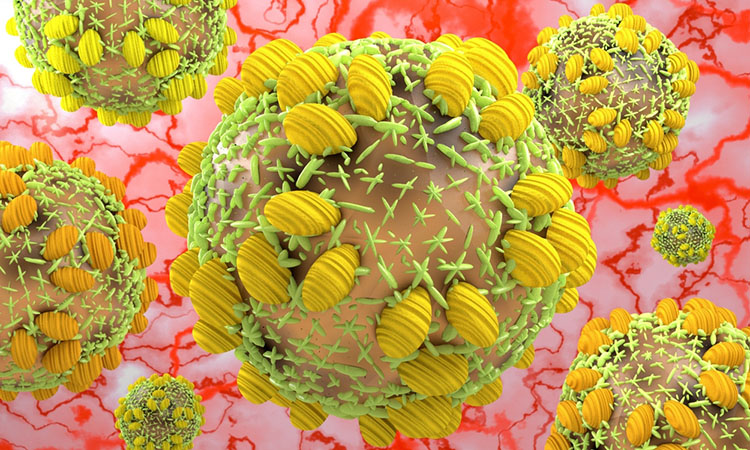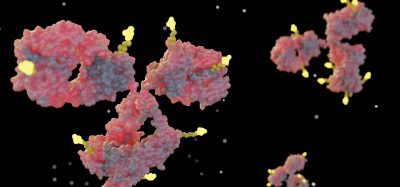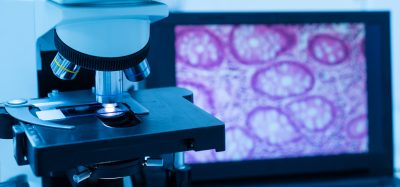Potential secret of viral resistance unlocked
Posted: 9 November 2022 | Izzy Wood (Drug Target Review) | No comments yet
Trinity researchers have discovered the secret to viral resistance, by screening women exposed to HCV.


HCV-image
Scientists from Trinity College Dublin, Ireland, having screened the immune systems of women exposed to hepatitis C (HCV) through contaminated anti-D transfusions given over 40 years ago in Ireland, have uncovered why some people are able to resist viral infections.
Their discovery, published in Cell Reports Medicine, have wide-ranging implications, from improving our fundamental understanding of viral resistance to the potential design of therapies to treat infected people.
Between 1977-79 in Ireland, several thousand women were exposed to HCV through contaminated anti-D: a medication made using plasma from donated blood and given to Rhesus negative women, who are pregnant with a Rhesus positive foetus. The medication prevents the development of antibodies that could be dangerous in subsequent pregnancies.
Some of the anti-D used during the 1977-79 period was contaminated with hepatitis C. From this outbreak, three groups of people were identifiable: those who were chronically infected; those who cleared the infection with an antibody response and those who appeared protected against infection without making antibodies against hepatitis C.
“We hypothesised that women who seemed to resist HCV infection must have an enhanced innate immune response, which is the ancient part of the immune system that acts as a first line of defence,” said senior author Professor Cliona O’Farrelly. “To test the theory we needed to make contact with women exposed to the virus over 40 years ago and ask them to help us by allowing us to study their immune systems to hunt for scientific clues that would explain their differing responses.”
The scientists recruited almost 40 women from the resistant group, alongside 90 women who were previously infected. In collaboration with the Institut Pasteur in Paris, they then invited almost 20 women in each group to donate a blood sample that they stimulated with molecules that mimic viral infection and lead to activation of the innate immune system.
Lead author Jamie Sugrue, PhD Candidate in Trinity’s School of Biochemistry and Immunology, commented: “By comparing the response of the resistant women to those who became infected, we found that resistant donors had an enhanced type I interferon response after stimulation. Type I interferons are a key family of antiviral immune mediators that play an important role in defence against viruses including hepatitis C and SARS-CoV-2, or COVID-19.”
The researchers explained that they think the increased type I interferon production by resistant donors, seen now almost 40 years after the original exposure to hepatitis C, is what protected them against infection.
“These findings are important as resistance to infection is very much an overlooked outcome following viral outbreak, primarily because identifying resistant individuals is very difficult – since they do not become sick after viral exposure… That is why cohorts like this are so valuable – they provide a unique opportunity to study the response to viral infections in an otherwise healthy population,” said Sugrue.
The lab is now focused on leveraging these biological findings to unpick the genetics of viral resistance in the HCV donors. Their work on HCV resistance has already helped ignite international interest in resistance to other viral infections, including SARS-CoV-2, the virus that causes COVID-19.
Related topics
Antibodies, Disease Research, Drug Development, Immunology
Related conditions
Hepatitis C
Related organisations
Trinity College Dublin
Related people
Jamie Sugrue, Professor Cliona O’Farrelly.








